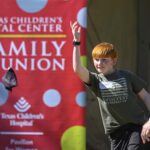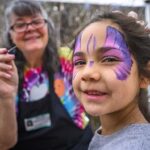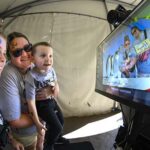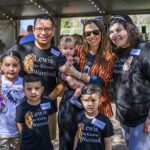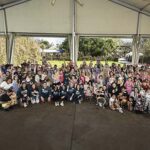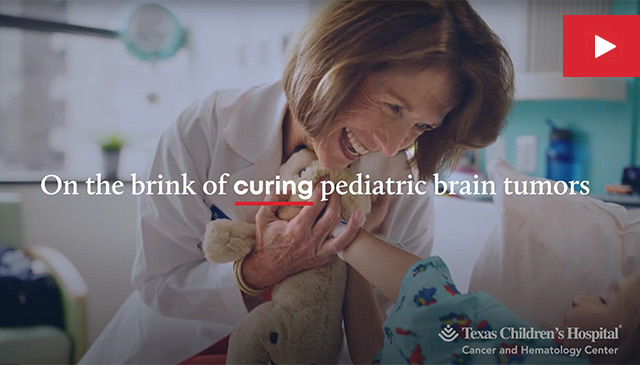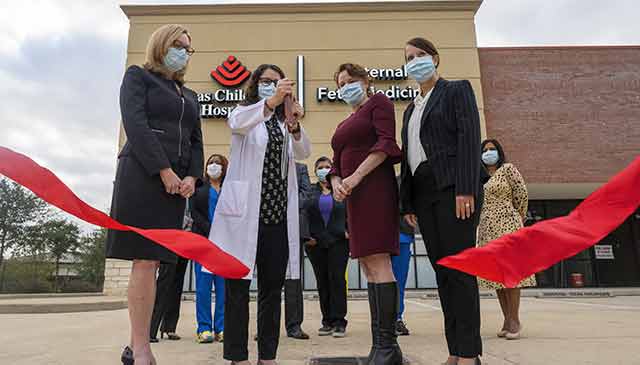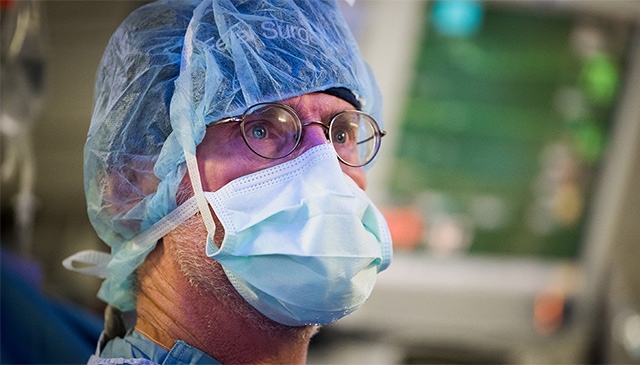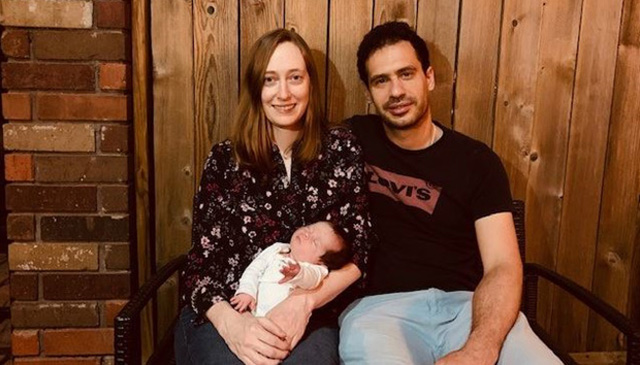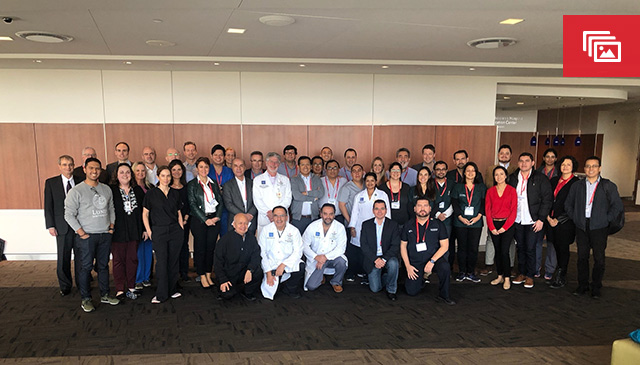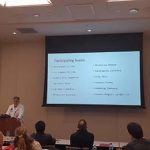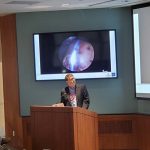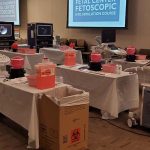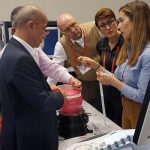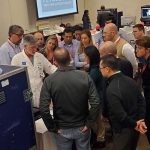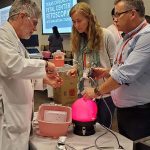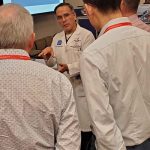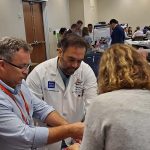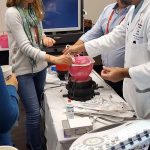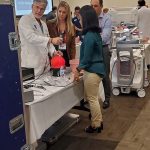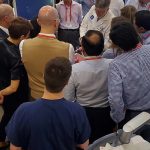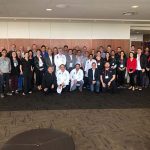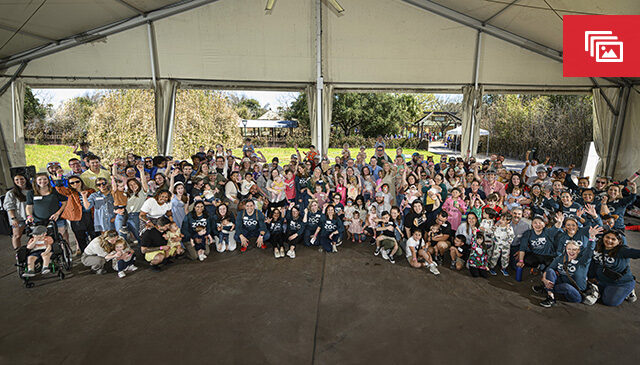
On a beautiful Saturday in February, Texas Children’s Fetal Center brought current and former patients and their families together for a special occasion at the Houston Zoo. The Fetal Center Family Reunion has been a cherished experience for both families and staff alike since 2007, serving as a celebration of life and chance for attendees to reconnect, share progress and spend time together.
“It is incredibly fulfilling to see the children that our former fetal surgery patients have grown to become,” said clinical nurse coordinator Annie Southworth. “We see these children before they are even born, and being able to talk to them years later leaves us encouraged about our work continuing to make a difference for these families.
“The family reunion is an essential event celebrating our inspiring families and their outcomes,” added advanced quality specialist Angel Krueger. “It’s a small way we can give back to our patients and families for placing their trust in our care.”
Over 75 families, including 250+ people from nine different states and Mexico, registered for this year’s reunion event, the first one held since COVID-19. Many Texas Children’s team members, including physicians and surgeons from different departments, attended and volunteered to make the reunion a success. In addition to experiencing the zoo’s animals and exhibits, the event featured fun games and activities like face painting and cornhole.
“The care we received was top-notch” and nothing short of a miracle, said the mother of twins treated for twin-to-twin transfusion syndrome (TTTS). “Texas Children’s really saved their lives, they wouldn’t be here had it not been for our care team.”
“I’m really happy to see kids like me,” said one former spina bifida repair patient at the event. His mother added that they still see the same Texas Children’s providers today, ten years later.
Click through the gallery below to see more photos from the family reunion.



